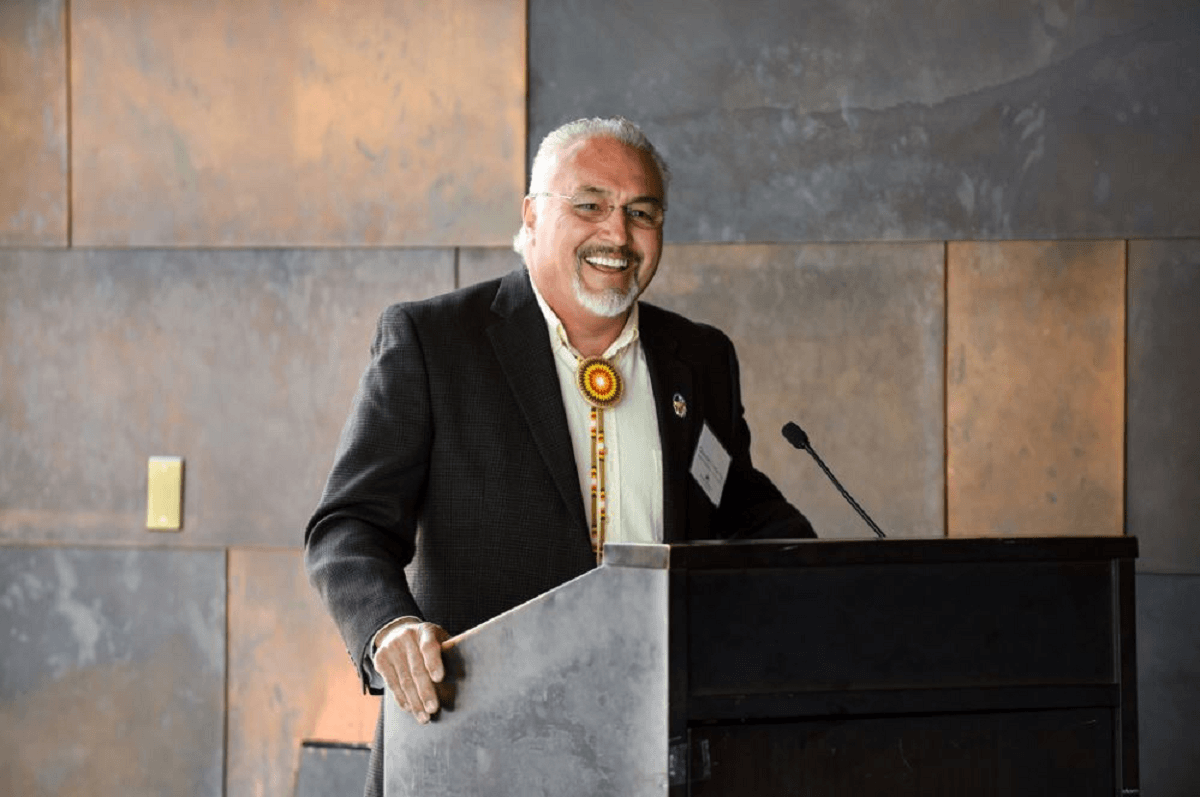Minnesota Tribal Operators Hope to Scuttle State’s 2019 Sports Betting Push
Posted on: January 22, 2019, 01:00h.
Last updated on: January 21, 2019, 03:28h.
Minnesota lawmakers are mulling sports betting regulation this year, but the state’s tribal operators have already tossed a substantial monkey wrench in the works, MinnPost reports.

Charles Vig — the aptly named chairman of Minnesota Indian Gaming Association — has written to Governor Tim Walz and all four legislative leaders to say that not only do the state’s influential tribal operators not want sports betting in their casinos, they will actively oppose any legislative effort to legalize sports books this year.
“The Minnesota Indian Gaming Association (MIGA) continues to oppose the expansion of off-reservation gambling, including the legalization of sports betting,” wrote Vig, who is also chairman of the Shakopee Mdewakanton Sioux Community, which operates the Mystic Lake Casino in the in Minneapolis-Saint Paul metro area.
While there is a desire by some to consider this matter during the present session, it seems that the public interest would be best served first by careful study of sports betting’s implications in this state, examination of other states’ experiences where sports betting has been legalized, and thorough consultation with the large number of stakeholders interested in it,” he added.
Minnesota’s native American tribes were some of the first in the US to negotiate compacts with their state following the passage of the Indian Gaming Regulation Act, 1988. In all, 11 tribes operate 18 casinos in the state.
Why Tribes Don’t Want Sports Betting
Unlike others, Minnesota’s tribal operators do not contribute a portion of their revenues to state coffers — something that has been a bone of contention over the years — but this also means they have less bargaining power than the tribes of Connecticut, for example, which can threaten to withhold hundreds of millions of dollars payments in the face of unwanted state-sanctioned gambling expansion.
Nevertheless, under federal law, states must bargain “in good faith” to allow tribes to offer the same types of gambling that is legal off-reservation.
While some tribes in other states have been quick to embrace the opportunities liberalized sports betting laws might present, many are cautious — and not just in Minnesota.
Tribal operators tend to be deeply suspicious of gambling expansion that might benefit commercial competitors as well as themselves. They generally prefer to preserve the status quo as laid out in the terms of hard-fought compacts, which they have little interest in renegotiating — especially since sports betting is not a big profit generator for casinos.
Moreover, they’re concerned that the real sports betting profit generator — online wagering — may be legally off limits to them because they are only permitted to offer gambling within the confines of their reservations.
Defiantly Optimistic
State Sen. Roger Chamberlain (R-Blaine) supported a sports betting bill that surfaced in the legislature last year and plans to put his name to another one in 2019. He told MinnPost that he was disappointed by the tribes’ stance but believes they can be negotiated with — even on the issue of online sports betting, which he supports.
“We met with them and while they’re not necessarily in alignment they are obviously concerned about losing their economic base, the economic engine,” Chamberlain said. “We understand that. We’ve reassured them that we’re not interested in harming that interest or jeopardizing tribal compacts.
“There’s no reason to shut out the rest of the state and the rest of the potential consumers and players and operators from taking part in a perfectly safe and legal business,” he added. “We hope to get to a place where everyone can agree, and I think we can.”
Last Comments ( 1 )
Where is the enumerated powers in our United States Constitution for the existence of U.S.C. Title 25-INDIANS?